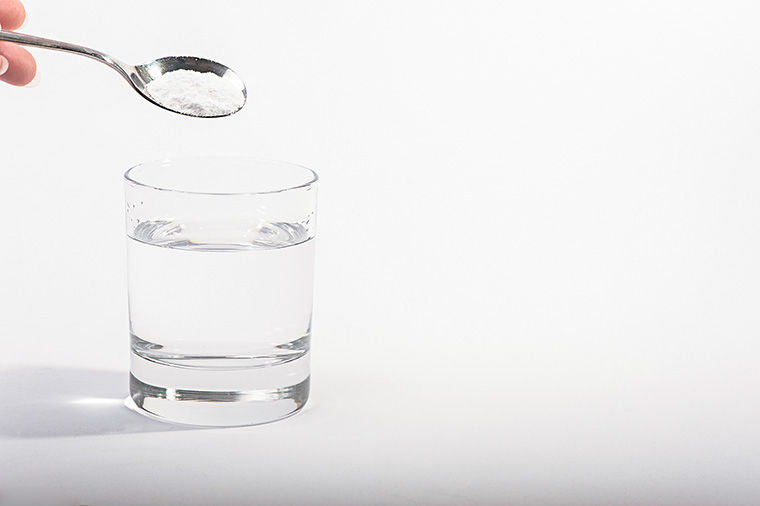Palcohol may be available for sale in Chicago this summer
Alderman Edward Burke (14th Ward) is seeking to ban the sale of Palcohol, powdered alcohol, in Chicago this summer with an ordinance he proposed May 18.
April 6, 2015
While powdered alcohol could conceivably be sold in Chicago this summer, legislators, mirroring the concerns of health professionals, are working to keep this from happening. The state legislature is considering a bill that would make its use a crime.
Palcohol—powdered alcohol—was created by Mark Phillips, founder of WineTasting.org and owner of the company Lipsmark, which owns Palcohol.
Palcohol was invented for convenience in medicine, travel, hospitality, manufacturing and for commercial and individual use, according to the Palcohol website. Phillips originally came up with the idea to create Palcohol when he would go on camping trips and wanted to enjoy an alcoholic beverage but did not want to lug around bottles of alcohol.
William Aitchison, director of clinical operations at the Chicago Treatment & Counseling Center, a center that treats people with alcohol and drug addiction, said people could possibly overdose on the product by adding Palcohol to an already alcoholic drink or exceeding the recommended serving size of one individual packet.
“People would put in a greater amount than what they are supposed to be mixing, adding up to four times the safe amount,” Aitchison said.
Alderman Edward Burke (14th Ward) is seeking to ban the sale of powdered alcohol in Chicago with an ordinance he proposed May 18.
The Tobacco Tax and Trade Bureau accidently approved Palcohol’s label in March, said Tom Hogue, spokesman for the U.S. Alcohol and Tobacco Tax and Trade Bureau.
“What has changed now is that we have labels in front of us that are approved,” Hogue said.
The TTB has authority over the packaging and labeling of the product, according to Hogue. Any time the TTB questions a product’s ingredients, how the ingredients are going to be used and the combination of those ingredients with alcohol would determine whether or not Palcohol is a safety and health concern or if it is suitable for human consumption. The TTB turns to the FDA for guidance on these
product questions. He said the TTB relies on the FDA in regards to determining health concerns products may pose, a process that takes place before label approval.
“If the FDA does not come back to us with a determination that this combination of ingredients in this product will represent a threat, then we are strictly restricted to looking at the labeling of the packaging and making sure the label on the product meets the requirements we administer,” Hogue said.
From a federal standpoint, Palcohol could potentially enter the marketplace, according to Hogue. However, the product has to comply with the laws of each state where it will be distributed. There are many factors a state must consider before the product can be sold, Hogue said.
“Some state issues would be whether or not the state will distribute it themselves or will they have to run through a wholesaler, questions of access and where can it be sold such as a grocery store or liquor store,” Hogue said.
Palcohol has already been banned in Alaska, Delaware, Louisiana, South Carolina and Vermont.
“The risks so clearly outweigh the benefits,” said Paul Getzendanner, program director for the Gateway Foundation, an alcohol and drug treatment center in Chicago. “The creator of Palcohol says that you can take it camping because it is lighter, which is a limited need and catered to a very specific audience.”
Getzendanner said the sale and invention of Palcohol is another way for distributors to profit off of an idea and that the product is targeted to underage drinkers.
“It will be marketed and sold over the Internet,” Getzendanner said. “I can get prescription drugs sold and delivered to my home without seeing a doctor to show proof of age or medical necessity. The same would hold true for powdered alcohol.”








